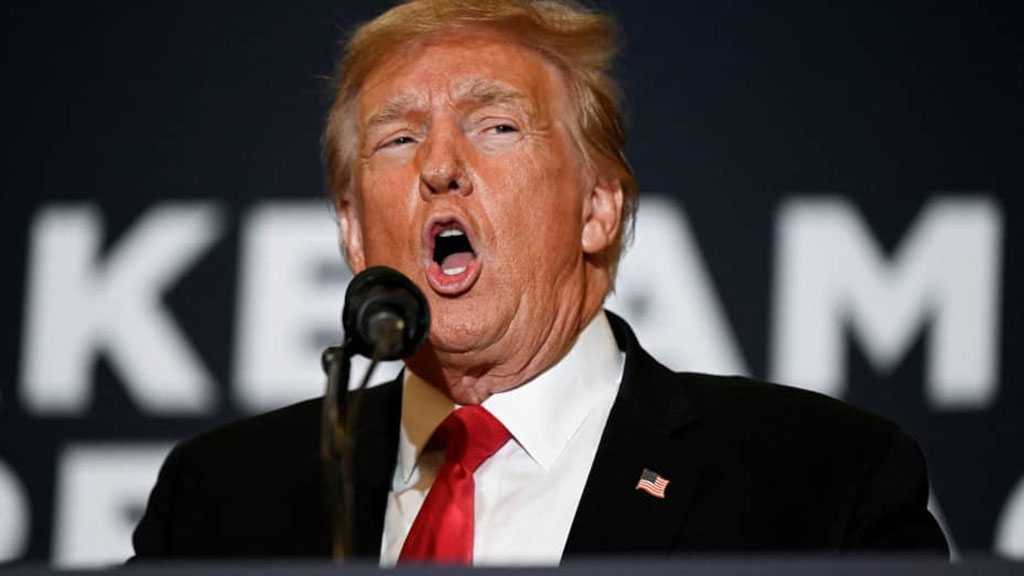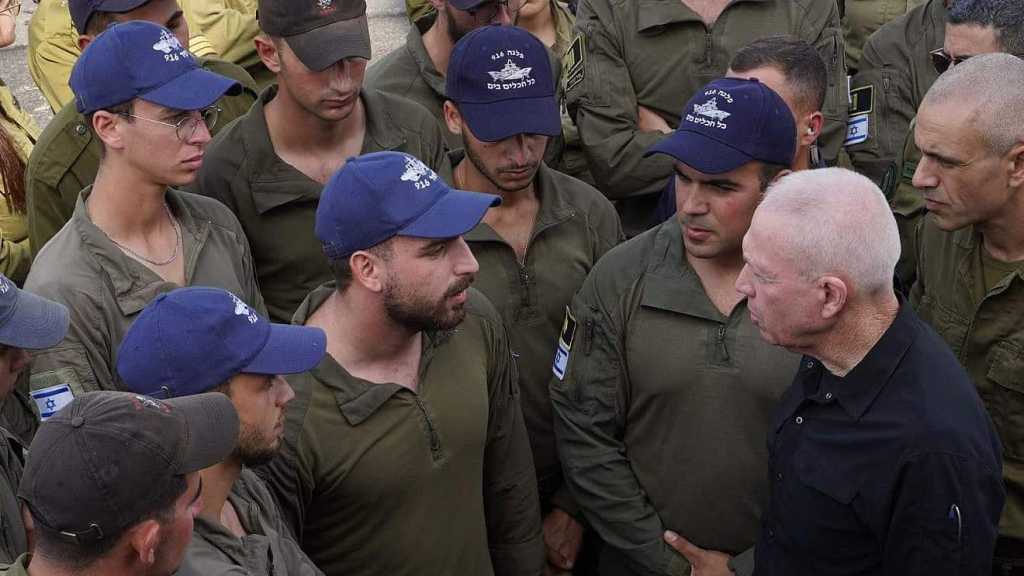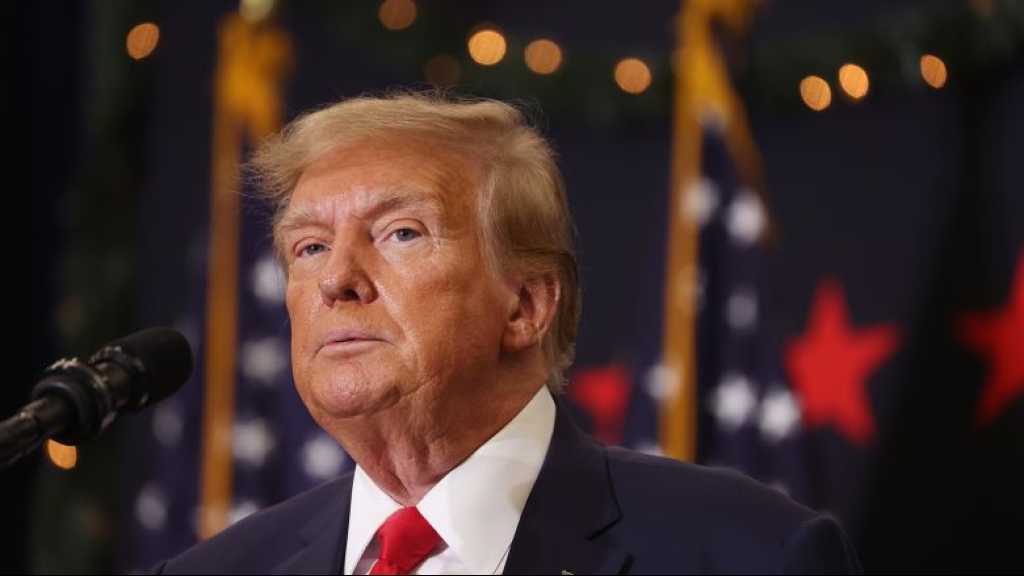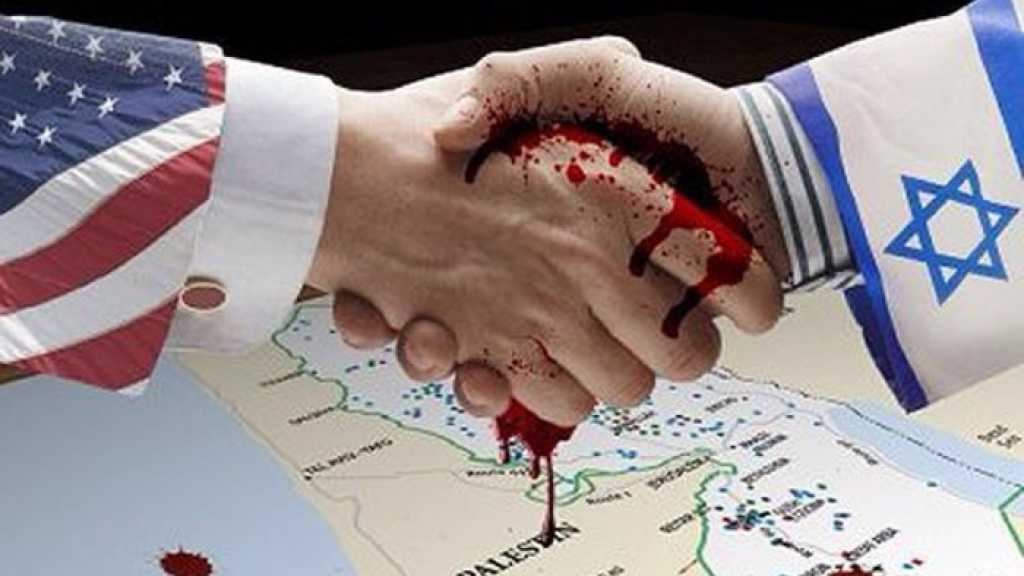
NJ Ex-Gov. Calls on Biden to Release Secret Files on Saudi Links to 9/11 Attacks
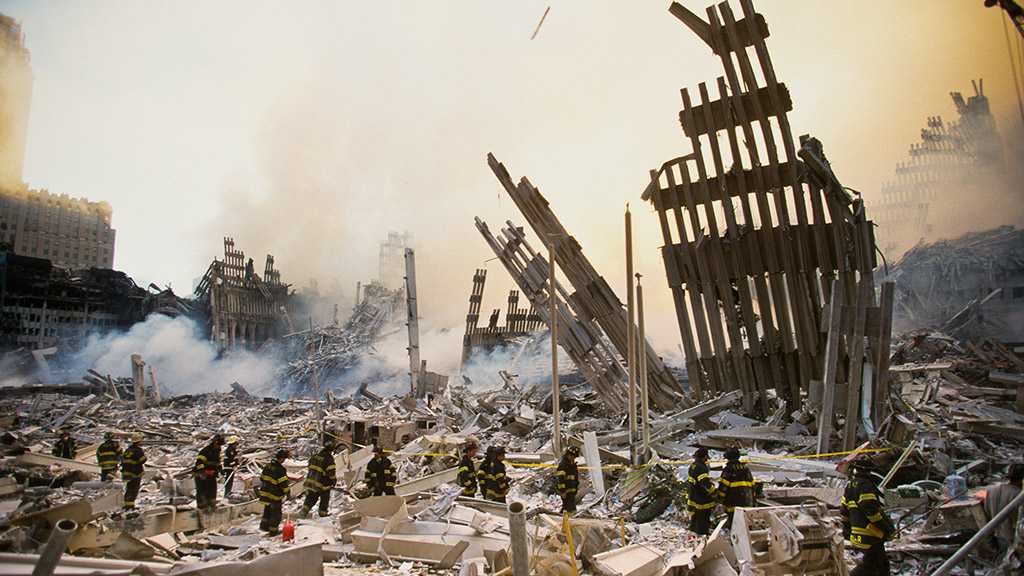
By Staff, ellwoodcityledger.com
Former New Jersey Gov. Tom Kean, who went from the rough elbows of Trenton politics to guide the highly regarded 9/11 Commission, has called on the Biden administration to declassify all top-secret files on America’s worst terrorist attack - especially those examining the possible involvement of Saudi government officials.
But Kean, whose comments came in a wide-ranging interview with NorthJersey.com and the USA TODAY Network at his office in Central Jersey’s horse country, cautioned that he does not expect the American public – long suspicious of a Saudi connection to 9/11 – will learn anything new about the terrorist attacks that took the lives of nearly 3,000 people.
“I’ve read the files,” Kean said. “There is no smoking gun.”
Despite such a warning, Kean now takes center stage as the most significant figure yet in the long-running investigation of the attacks of September 11, 2001 to suggest that all top-secret files should be opened up to the public, especially those that touch on allegations that Saudi officials helped the 19 Takfiri militants who hijacked four commercial jetliners and crashed them into New York’s World Trade Center, the Pentagon and a Pennsylvania farm field.
Fifteen of those 19 hijackers were Saudi citizens. At least two of them were met by Saudi officials with links to that nation’s spy service when they landed in California. As America is about to commemorate the 20th anniversary of 9/11 with a series of solemn, carefully choreographed ceremonies, Kean’s unexpected call for a massive declassifying will likely lend energy to the growing demand for America's intelligence-gathering agencies to come clean on what they know about the so-called “Saudi connection.”
More than 10,000 relatives of 9/11 victims have filed a massive federal lawsuit in New York to hold the Saudi Arabian government accountable for the attacks. The lawsuit, which has moved at less-than-glacial speed for several years through a federal legal quagmire that involves demands for secrecy by the CIA and FBI and counter-demands by Saudi attorneys to dismiss all legal challenges, may still take years to resolve.
Kean indicated that he wants to speed up the process.
“I’ve always been in favor of releasing everything,” Kean said. “I’ve seen those files. People are going to be disappointed when they release them. It’s not going to give the families what they want. It’s not there.”
Earlier this summer, attorneys for the relatives completed a series of depositions of Saudi officials that were ordered by a US federal judge. But those depositions were placed under court seal, with attorneys on all sides blocked from talking about what they learned – or did not learn.
US “should listen to Tom Kean”
Kean’s demand for the release of the numerous investigative files compiled by the FBI, the CIA and other US intelligence services was met with cheers by 9/11 relatives. The White House, the FBI and CIA could not be reached for comment.
“Wow. That’s amazing,” said Brett Eagleson of Middletown, Connecticut, who was a high school sophomore when his father, Bruce, was killed in the collapse of Trade Center’s twin towers in lower Manhattan after they were struck by two hijacked planes.
But Eagleson, now an outspoken advocate in the families' lawsuit, said he disagrees with Kean’s assessment that the secret files will not reveal any major evidence of Saudi efforts to help the hijackers.
Eagleson pointed to an 2016 internal FBI report – Operation Encore – that reportedly examines the bureau's inquiry into a number of questionable ties between two figures connected to the Saudi government and two hijackers who entered the United States in Los Angeles. The Saudi officials helped future hijackers, Khalid al-Mihdhar and Nawaf al-Hazmi – neither of whom spoke English – settle into an apartment and meet other Saudis.
But did those Saudi officials know of the 9/11 plot or that al-Mihdhar and al-Hazmi were members of Osama bin Laden's al Qaeda terrorist network?
That question has never been conclusively answered.
The problem with the FBI's report on its Operation Encore investigation is that it's still secret. Also, it's based in part on investigations conducted by the 9/11 Commission.
But "Operation Encore" revealed deep divisions within the FBI over the potential involvement of Saudi officials in the 9/11 attacks and a series of missed opportunities by US investigators to find the truth, according to a January 2020 report by the ProPublica news organization and the New York Times. For that reason, lawyers for the 9/11 families say the report could be vital to their lawsuit – and perhaps finding the truth about a Saudi link to 9/11.
Kean disagrees.
He said he had not read the "Operation Encore" report. But based on the work by the 9/11 Commission and earlier Congressional probes, he said he did not believe it would reveal any information that conclusively ties Saudi officials to the 9/11 attacks.
Nonetheless, Kean said that the "Operation Encore" report should be released.
Another potentially controversial issue stems from a recent CBS News report that British and US investigators found a notebook from one of the Saudi officials targeted by the FBI – Omar al-Bayoumi — that contained mathematical calculations and other drawings that appeared to show pilots how to crash a jetliner into a low level target.
Al-Bayoumi played a key role in helping al-Mihdhar and al-Hazmi find an apartment after they arrived in California. Al Mihdhar and al-Hazmi, who eventually turned up in New Jersey and stayed at the Congress Inn Motel in South Hackensack, were on board the jetliner that crashed into the Pentagon – a low-level target.
“I think the United States government should listen to Tom Kean and for once and for all finally put to bed the questions regarding the Saudi Arabian role in 9/11,” Eagleson said. “I think the Saudis themselves should be calling for the release.”
Terry Strada, who gave birth to her youngest child – a son – only four days before her husband perished in the 9/11 attacks and has now emerged as a leader in the lawsuit, also praised Kean.
“I think to have him coming out and saying to release everything is a positive thing for all of us,” said Strada, whose husband died in the World Trade Center's North Tower. “His voice does carry weight.
But, like Eagleton, Strada also disagreed with Kean. She believes that the files will likely show some form of Saudi support for the hijackers.
“We should release everything,” said Strada, who recently moved from her home in Basking Ridge, New Jersey to Florida. “I’m confident that we will find something."
"The 9/11 commission is an archaic investigation," Strada said, adding that it "never had the tools" to fully probe allegations of Saudi links to 9/11 and that "it's absurd to assume there is no Saudi connection based on that rushed and under-funded body of work."
"Operation Encore did what the 9/11 Commission failed to do," Strada said. "It investigated the Saudis with professional FBI agents spanning the globe. Kean is way off the mark here in dispelling the Saudis were heavily involved in murdering thousands."
James Kreindler, one of the squad of US attorneys who represent the 9/11 relatives, added that he would “love all the material to be released and to have a half hour with Tom Kean and go over the importance of it.”
Kreindler said he is quite confident he would convince Kean that the declassified material was not just significant but probably show that a variety of Saudi officials were linked to the 9/11 attacks.
“We were unable to nail down anybody”
The ongoing mystery about Saudi Arabia’s links to 9/11 has been a long-running flashpoint. Last year, this columnist reported exclusively that lawyers for the 9/11 families had even reached out to dissident Saudi journalist Jamal Khashoggi.
Soon after meeting with one of the lawyers’ investigators, Khashoggi contacted the Saudi embassy in Washington. A year later, Khashoggi was murdered by Saudi intelligence operatives while on a trip to Turkey.
Were the events connected? Many 9/11 relatives and their attorneys think so. But the sequence represents the level of spy-versus-spy mystery that has cloaked the whole narrative about Saudi Arabia’s alleged links to the 9/11 attacks.
In the interview, Kean was especially critical of what he called America’s long reluctance to criticize Saudi policies or even suspicious actions for fear that the kingdom would cut off oil exports to the United States customers.
“People kowtowed to the Saudis for years,” Kean said. “But we don’t need to do that anymore.”
Kean suggested that the hijackers likely were helped “unwittingly” in a variety of ways by Americans – especially in some Muslim communities like those in Paterson, New Jersey. But Kean insisted that this help was not part of a terrorist conspiracy.
“I started off thinking there had to be people on the ground helping the hijackers,” Kean said.
He said the 9/11 Commission assigned a “full investigative team” to run down leads of an American-based conspiracy to support the hijackers as they prepared to hijack the four jetliners on Sept. 11, 2001.
Kean said the investigators “looked and looked and were unable to find anybody.” He added that the Commission received plenty of rumors “but we were unable to nail down anybody.”
Kean also said that he does not believe that a massive attack on the level of 9/11 could be carried out now. He praised the various federal reforms that require America’s various intelligence-gathering agencies, from the FBI to the CIA, to work together.
But Kean sharply criticized US spy agencies for the swift takeover of Afghanistan by Taliban forces.
"It was one of the greatest intelligence failures in the history of our government," Kean said. "This has given us internationally as big a black eye as anything in my memory."
Kean said the most dangerous form of terrorism today may come from so-called “lone wolves,” acting alone or with just a few conspirators.
“We’re a democracy,” he said. “We can’t put the kind of clamps that you can put on if you were a dictatorship of some sort. As long as we have freedom of motion and freedom of speech, you can’t say we’re not vulnerable.”
Comments
